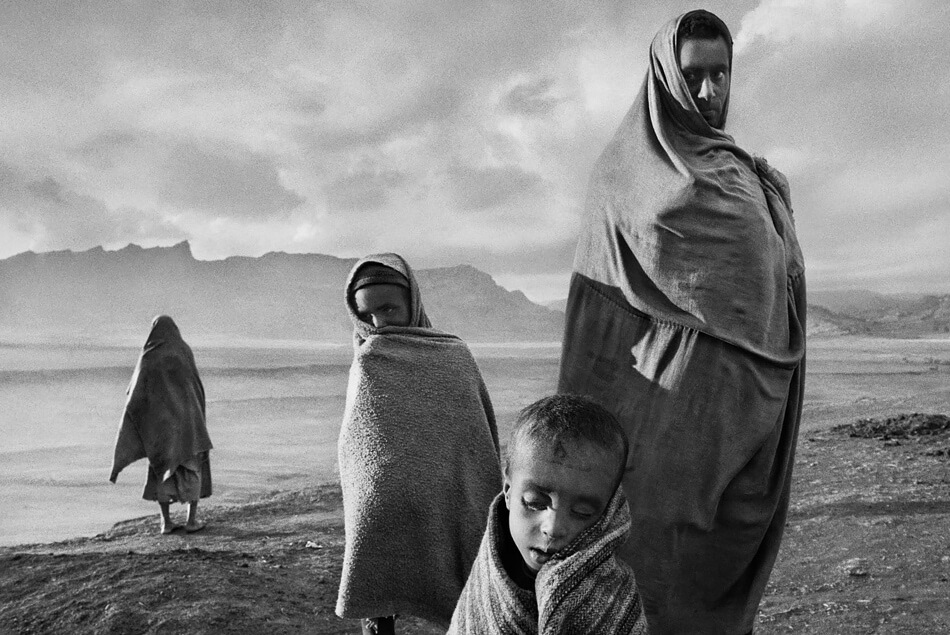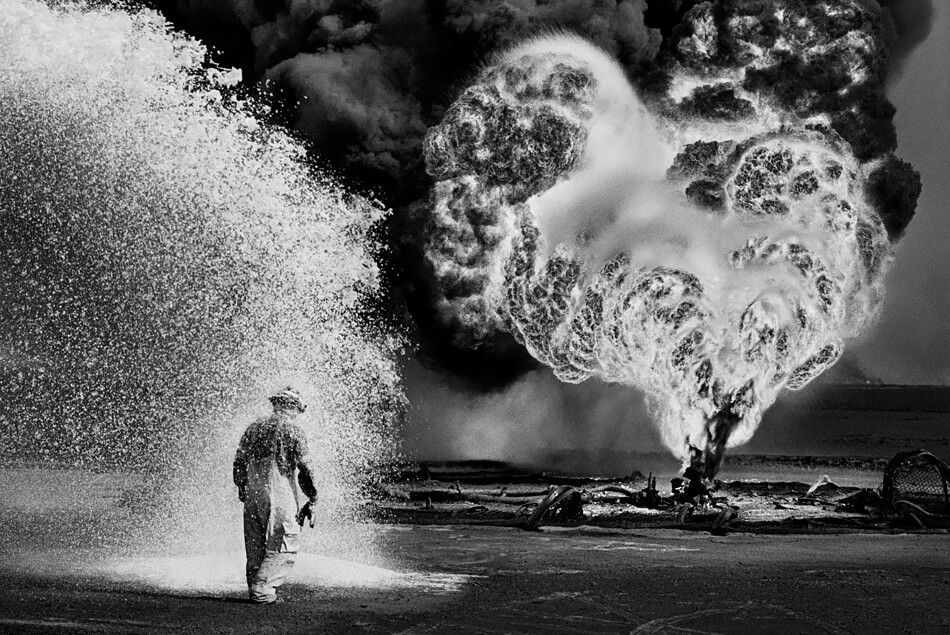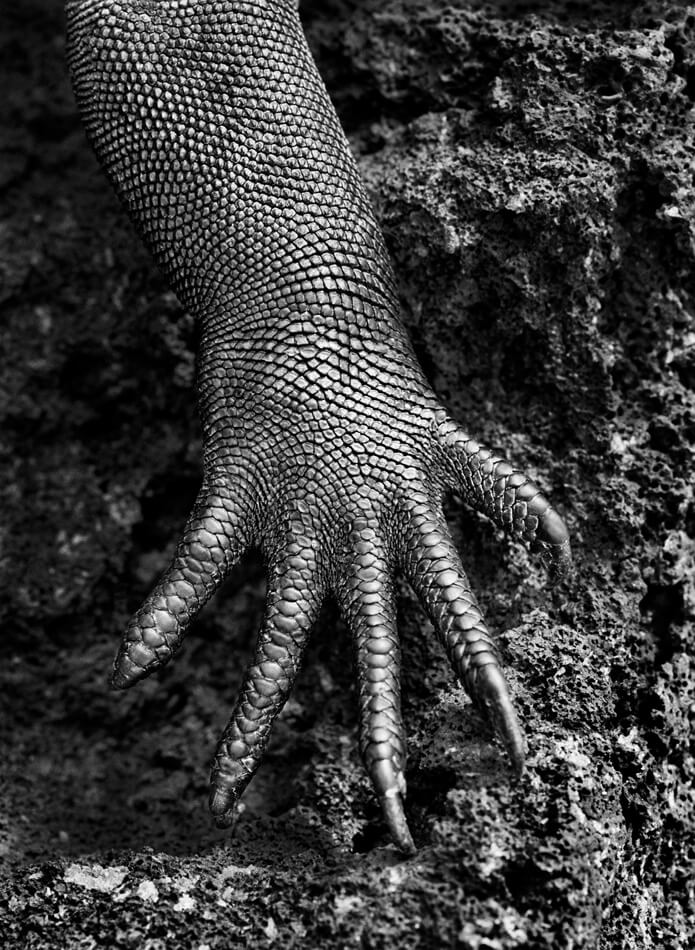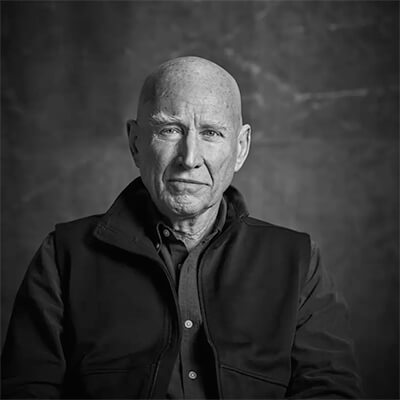The World Photography Organisation is delighted to announce the acclaimed Brazilian photographer
Sebastião Salgado as the Outstanding Contribution to Photography recipient of the Sony World
Photography Awards 2024. One of the most accomplished and globally celebrated photographers
working today, Sebastião Salgado has achieved international renown for his remarkable
black-and-white compositions captured over a career spanning more than 50 years.
Ranging from poignant portraits of indigenous communities and industrial workers, to surveys of
migration and striking panoramas of the natural world, Salgado’s distinctive photographic style has
resonated with global audiences. His images, exhibited across leading cultural institutions and
featured in major publications around the world, have become emblematic of contemporary
photographic journalism.
Dozens of photographs by Salgado will be on view as part of the Sony World Photography Awards
2024 exhibition, which returns to
Somerset House, London from 19 April - 6 May 2024. The selection,
made by the photographer, highlights the key themes and milestones over the last five decades of
his career. Featuring works from his early projects such as
Gold (1986) and
Workers (1993), and more
recent series like
Genesis (2011) and
Amazônia (2019), the exhibition explores the universal
complexities and nuances of life on our planet, revealing its anguishes and hardships, as well as its
extraordinary beauty.

Draped in blankets to keep out the cold morning wind, refugees wait outside Korem camp. Ethiopia, 1984 © Sebastião Salgado
Born in 1944 in Aimorés, Brazil, Sebastião Salgado trained and practised as an economist before
embarking on a full-time career in photography in 1973, going on to work with leading photographic
agencies Sygma, Gamma and Magnum. His indelible photographic style is deeply rooted in his
heritage: his childhood in rural Brazil, surrounded by the great expanse of nature and the open skies,
was an important aesthetic touchpoint, guiding his lens and informing his approach to light, contrast
and proportionality.
In the 1980s and 1990s, Sebastião Salgado travelled around the world to pursue his projects,
producing a number of acclaimed series, which continue to influence visual culture today. Works
from several of these projects will be on view at Somerset House as part of the Sony World
Photography Awards 2024 exhibition, including
Gold (1986), which documents the harsh conditions on
the steep cliffs of the Serra Pelada gold mine in northern Brazil, and Workers (1993) which examines
the challenges and demands of heavy manual labour in the oil, construction, agricultural and mining
industries. Also featured in the exhibition are photographs from the series
Exodus (2000), a long-term
project tracing the global movement of people, in contexts of economic migration and forced
displacement.
After bearing witness to the atrocities of conflict in the Congo and Rwanda in the mid-1990s, Salgado
turned away from photography for a time, to focus on ecological work. With his wife Lélia, he
established the
Instituto Terra, an initiative to reforest and rebuild biodiversity in the Brazilian Atlantic
Forest. Seeing nature’s prodigious capacity for renewal, Salgado was inspired to return to
photography, creating two major bodies of work,
Genesis (2011) and
Amazônia (2019), which will be
represented in the exhibition. Genesis explores remote and remarkable corners of the planet where
wildlife and humans coexist harmoniously, while
Amazônia depicts Brazil’s Amazonian Forest and the
indigenous communities inhabiting it, highlighting its beauty whilst shedding light on the threats it
faces.
Commenting on his acceptance of the award, Sebastião Salgado says:
'''I am honoured to receive
this award, and to know that my work is reaching audiences. Photography is my way of life, it is my
language, and throughout my career I have always been interested in capturing the historical
moment in which we are living, and telling the stories of our species and our planet. A photographer
photographs with his heritage, and in my work I seek to explore our shared human experience.'''
The Outstanding Contribution to Photography honours a person or group of people that have made
a significant impact on the photographic medium. As its 17th recipient, Sebastião Salgado joins a
distinguished list of iconic names including
William Klein (2012),
William Eggleston (2013),
Elliott Erwitt (2015),
Martin Parr (2017), Candida Höfer (2018),
Graciela Iturbide (2021),
Edward Burtynsky (2022) and
Rinko Kawauchi (2023) to name a few.

he fight against burning oil wells, Kuwait oil fields, 1991. © Sebastião Salgado
Sebastião Salgado was born in 1944 in Aimorés, Brazil. Following his studies, he began his career as an economist
before starting to work as a freelance photographer in 1973. Today, Salgado’s photographs are included in the
collections of numerous major museums and institutions around the world, including the Museum of Modern Art
in New York, the San Francisco Museum of Modern Art, the Smithsonian Institution in Washington DC, the National
Museum of Modern art in Tokyo, the Centre Pompidou in Paris, and the Los Angeles County Museum of Art in
California. Salgado’s distinctions include the Eugene Smith Award for Humanitarian Photography, the World Press
Photo Award, the Photojournalist of the Year Award, and the Erich Salomon Prize. In 2015, Salgado was named the
Photo London Master of Photography, in 2016 he was named Chevalier de la Légion d’Honneur in France and
became a member of the Académie des Beaux-Arts of the Institut de France. In 2019, he was elected Foreign
Honorary Member of the American Academy of Arts and Letters, and in 2022 he received the ICP Lifetime
Achievement Infinity Award. Salgado holds four honorary doctorates, including at Harvard University and at the
New School. With his wife Lélia Wanick Salgado, he is the founder of the Instituto Terra, dedicated to the recovery
of the Atlantic Forest in Brazil. He is based between France and Brazil.
ABOUT SONY WORLD PHOTOGRAPHY AWARDS
Produced by the
World Photography Organisation, the internationally acclaimed Sony World Photography
Awards is one of the most important fixtures in the global photographic calendar. Now in its 17th year, the
free-to-enter Awards are a global voice for photography and provide a vital insight into contemporary
photography today. For both established and emerging artists, the Awards offer world-class opportunities for
exposure of their work. The Awards additionally recognise the world’s most influential artists working in the
medium through the Outstanding Contribution to Photography award; previous recipients include William Eggleston (2013),
Mary Ellen Mark (2014), Martin Parr (2017), Candida Höfer (2018),
Nadav Kander (2019), Gerhard
Steidl (2020), Graciela Iturbide (2021), Edward Burtynsky (2022) and Rinko Kawauchi (2023). The Awards showcase
the works of winning and shortlisted photographers at a prestigious annual exhibition at Somerset House,
London.
ABOUT WORLD PHOTOGRAPHY ORGANISATION
World Photography Organisation is a leading global platform dedicated to the development and advancement
of photographic culture. Its programming and competition initiatives provide valuable opportunities for artists
working in photography and help broaden the conversation around their work. The Sony World Photography
Awards is World Photography Organisation’s principal programme. Established in 2007, it is one of the world’s
biggest and most prestigious photography competitions; celebrating the work of leading and emerging
practitioners and attracting tens of thousands of visitors annually to its exhibitions worldwide. World Photography
Organisation is the photography strand of Creo, responsible for delivering initiatives and programming across
three sectors: photography, film and contemporary art.

Marine iguana (Amblyrhynchus cristatus). Like other ectothermal reptiles, the marine iguana must regulate its own body temperature: as soon as the sun rises, it lies flat, warming as much body area as possible until the temperature reaches 95.9° Fahrenheit (35.5° Celsius); it then changes position to avoid overheating. The marine iguana needs a high body temperature in order to swim, to move about and to digest. Galápagos. Ecuador. January, February and March 2004. © Sebastião Salgado




